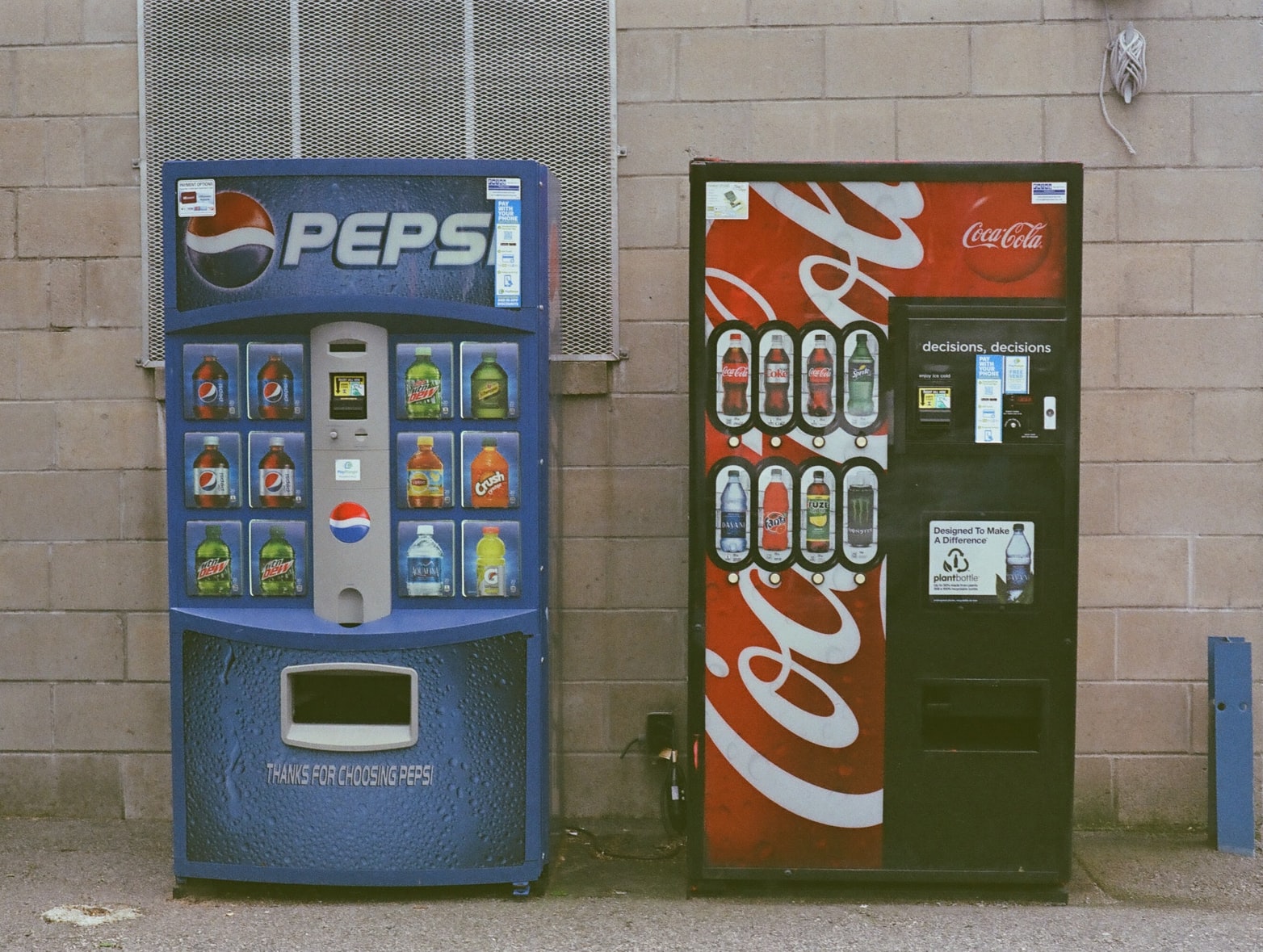
The importance of the corporate brand has become increasingly evident in the world of advertising. According to Kantar Media, corporate brand advertising rose 17 percent in 2012 when compared with the previous year, even though total ad spending rose just 3 percent.
Branded house companies like General Electric, Google, and ExxonMobil have been releasing campaigns that promote the broader benefits their respective organizations provide to the marketplace and society overall—creating messages around topics beyond their individual product and service offerings. These companies understand the importance of enhancing their corporate reputation, instead of merely providing calls to action that drive near-term transactions.
However, even quintessential “house of brands” consumer packaged goods companies are embracing the corporate brand resurgence trend. For example, SC Johnson evolved its signature tagline, “A Family Company,” in 2018 to say, “A Family Company at Work for a Better World.”
Long Live the Corporate Brand
In an ever-changing consumer environment, success in individual product and service lines is never a guarantee. Many successful product brands have disappeared over the years, while their respective corporate brands continue to thrive. When products and services are fleeting, the brand must be enduring. Again, more often than not, that brand is corporate.
Examples of corporate brands outliving product brands are common in many industries. In the world of consumer packaged goods, for example, the Pepsi corporate brand has outlived many of its child brands, including WOW Chips, Pepsi A.M., Slice, and Teem.
Even the most established product brands don’t last forever. Still, history has proven that corporate brands—with the exception of a possible phase-out after M&A activity—are the brands that are most likely to withstand the test of time.
According to its Chairman and CEO, Fisk Johnson, “SC Johnson has a long legacy as a family company committed to doing what’s right for our consumers, communities, and the environment. This is something we have been doing for generations, and we want people to know more about the many ways we are at work for a better world.”
Key Distinctions of Corporate Branding
Companies that invest in building a strong corporate brand enjoy many benefits. Specifically, a strong corporate brand can:
- Provide significant returns on investment and other financial benefits
- Communicate and reflect a company’s purpose and mission
- Mitigate business risk and assist organizations with navigating challenging times
- Penetrate new markets more easily and cost-effectively
- Provide efficiencies in marketing spend and investment
- Become a source of pride and esprit de corps for employees
- Endure for the long run, while individual product brands may come and go
As evidenced by this list, a strong corporate brand and its associated benefits can be heavily monetized.
Companies can no longer rely on product/service differentiation strategies as their mainstay for a sustainable competitive advantage due, in part, to the increasing sophistication of consumers who now take into consideration the social, environmental, and ethical make-up of the goods and services they select both as individuals and as corporations.
Corporate branding includes the ideologies and beliefs embraced by the organization itself that are increasingly becoming the keys to competitive differentiation. In essence, the company’s vision, culture, and image are now an important part of its unique selling proposition.
The importance of the corporate brand has grown in recent years and will likely continue to in the future. The trend in corporate brand investment certainly applies to many B2B and branded house B2C companies. Still, it also applies to traditional consumer packaged goods companies that typically go to market based on the strength of their individual product brands.
In summary, building and maintaining a corporate brand provides many benefits. The perks include financial return, risk mitigation during challenging times, leverage to enter new categories and markets, and employees’ overall sense of pride. With such power and so many benefits, it makes sense that the majority of the world’s most valuable brands are corporate brands.
Our brand consultants have helped some of the greatest companies in the world build strong corporate brands. Our clients span B2B and B2C, small and large, and product and service companies that span a range of industries and sectors. Contact us to learn more.
Recent Posts
Posts by Topics
- Brand Strategy (57)
- Brand Strategy Consulting (28)
- Brand Differentiation (27)
- Customer Experience (24)
- Brand Positioning (22)
- Marketing Strategy (9)
- Brand Extension Strategy (8)
- Customer Behavior (8)
- Brand Architecture Strategy (7)
- Brand Extension (7)
- Brand Growth (7)
- Brand Portfolio & Architecture (7)
- Brand Purpose (7)
- Brand Value Proposition (7)
- Brand Engagement (6)
- Brand Portfolio Strategy (6)
- Brand Storytelling (6)
- Rebranding Strategy (6)
- Brand Awareness (5)
- Brand Image (5)
- Branding (5)
- Rebranding (5)
- Technology (5)
- B2B Brand Strategy (4)
- Brand Experience (4)
- Value Proposition (4)
- Brand Extendibility (3)
- Brand Metrics (3)
- Brand Repositioning (3)
- Corporate Branding (3)
- Differentiation Strategy (3)
- Measurement & Metrics (3)
- Brand Engagement Strategy (2)
- Brand Portfolio (2)
- Brand Promise (2)
- Brand Voice (2)
- Digital Marketing (2)
- Digital and Brand Experience (2)
- Employee Brand Engagement (2)
- Brand Architecture (1)
- Brand Development (1)
- Brand Equity (1)
- Brand Identity (1)
- Brand Measurement (1)
- Brand Name (1)
- Brand Strategy Consultants (1)
- Brand Strategy Firms (1)
- Digital Strategy (1)
- Internal Branding (1)
- Messaging (1)


